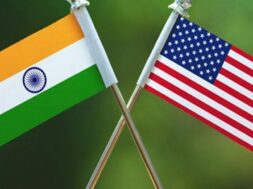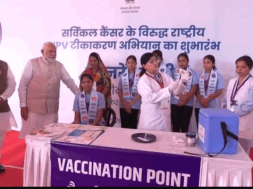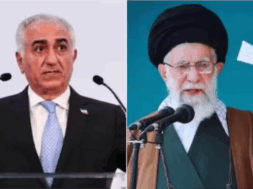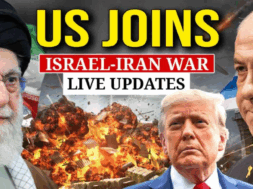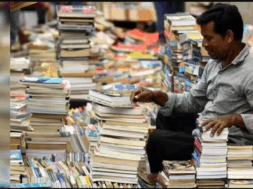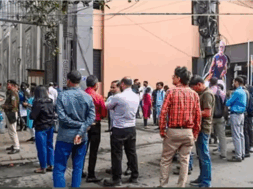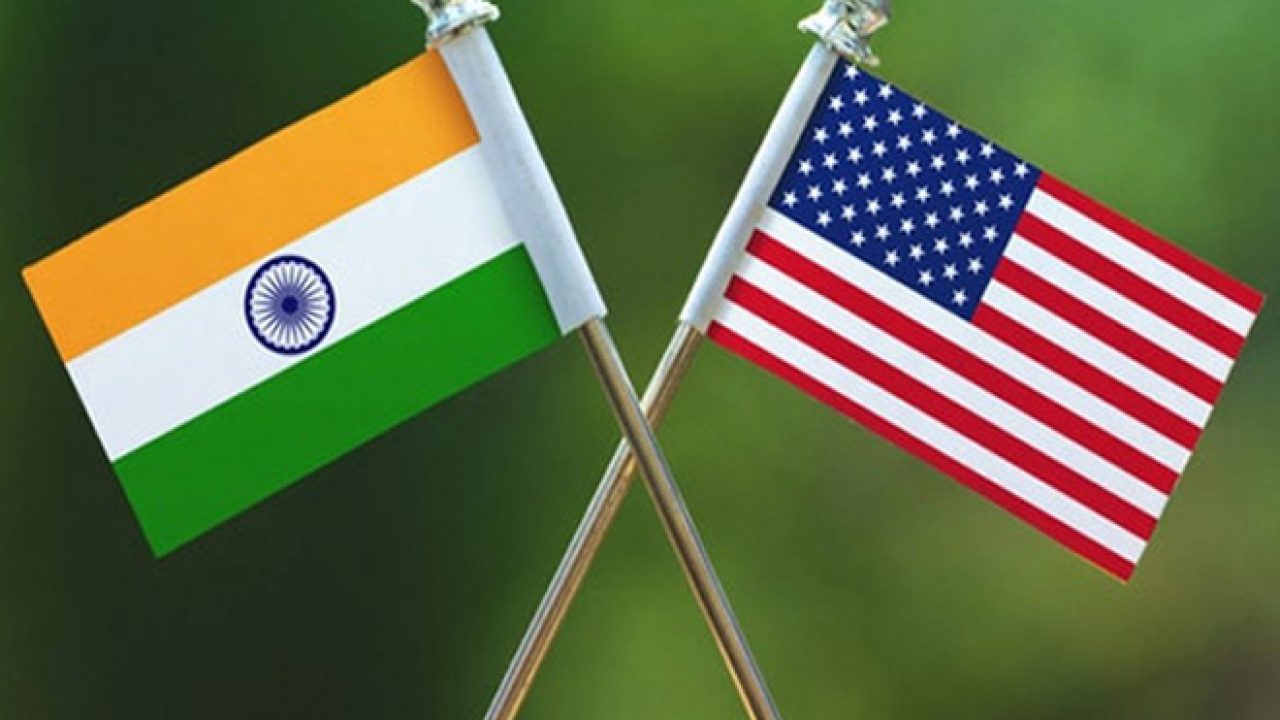
India – US to Enhance Strategic Partnership
NEW DELHI, Feb 1: India and the United States on Tuesday launched a programme to enhance their strategic partnership with delegations led by the National Security Advisor (NSA) Ajit Doval and his American counterpart, Jake Sullivan at their meeting in Washington for the inaugural dialogue of the Initiative on Critical and Emerging Technologies (iCET).
The two sides announced a set of programmes whose aim is to increase the depth and scope of bilateral cooperation in cutting edge technology, including in the defence sector. The iCET seeks to build supply chains which increase co-production and co-development between the countries and increase linkages between the countries’ start-up ecosystems, both governments said in their statements describing the dialogue.
A White House ‘fact sheet’ released after the meeting highlighted six areas of planned cooperation: strengthening innovation ecosystems, defence innovation and technology cooperation, resilient semiconductor supply chains, space, STEM talent and next generation telecommunications.
The programmes include a Research Agency Partnership between the U.S. National Science Foundation and Indian science agencies; a mechanism to cooperate on quantum computing that will also involve academia and industry; developing a new defence industrial cooperation roadmap; supporting the development of semiconductors in India, including by setting up a taskforce to identify opportunities; and increasing space cooperation including human spaceflight.
Also announced was a private-public dialogue to further 5G/6G cooperation and the adoption of Open RAN (technology to connect phones to each other and to the internet) in India. The US also committed to ensure a speedy review of the application of the General Electric to produce in India jet engines for India-manufactured Light Combat Aircrafts.
The initiative is a particularly significant milestone in the bilateral relationship, having been announced at the highest level — by Prime Minister Narendra Modi and U.S. President Joe Biden at the Quad summit in Tokyo in May, 2022.
This level of backing, plus the fact that it is being led by the NSAs on both sides — with their ability to coordinate across ministries and departments — not only “distinguished” this initiative but was also critical to its success, a senior U.S. official told reporters on a briefing call.
The involvement of the business and academic communities in India and the U.S., and the initiative’s plan to renew and capitalise on existing mechanisms rather than replace them, are factors in iCET’s favour, one U.S. official said.
Also under discussion in Washington were an easing of export controls and restrictions. “I think on both sides we were quite candid about the challenges that we pose to each other from a regulatory standpoint. In many cases that gets in the way of the vision of deeper and broader technology cooperation,” a senior administration official told reporters. To address these restrictions, the Biden administration would work closely with the U.S. Congress, where there was bipartisan support for the bilateral partnership, the official said.
“The U.S. side also assured support to ease export barriers to India in a few critical areas, including through efforts towards legislative changes,” the Ministry of External Affairs (MEA) said in its statement. The White House statement said the Biden administration would work with the U.S. Congress to lower barriers to U.S. exports to India of High Performance Computing and source code.
The initiative comes at a time when the U.S. is seeking to out-compete China in critical technologies and tighten the screws on China’s semiconductor industry. Biden administration officials were quick to emphasise, however, that iCET is not just about China. “These efforts are about more than just China, because this isn’t just about defence. This is a multi-layered approach in a lot of different places,” one senior Biden said. For the U.S., this is about wanting to participate in India’s rise and the “next logical milestone” in the bilateral relationship, officials said.
Mr. Doval was joined at Tuesday’s meeting by India’s ambassador to the U.S., Taranjit Singh Sandhu, the Principal Scientific Advisor, the Secretary, Department of Telecommunications, Chairman of ISRO, Scientific Advisor to the Defence Minister, Director General, DRDO, and other senior officials, the MEA said. The two sides planned to hold the next iCET meeting in New Delhi later this year.
(Manas Dasgupta)
